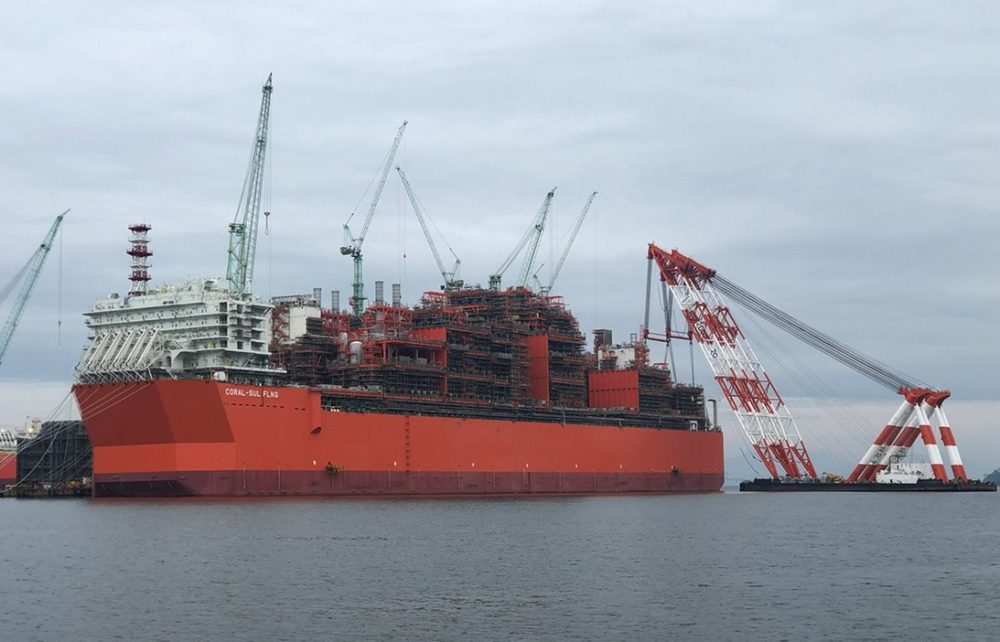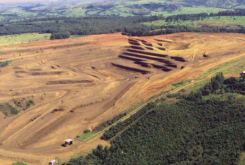Mozambique’s emerging gas sector faces ‘potential delays’ and cancellation of downstream projects, because of the insurgency in the northern province of Cabo Delgado, according to the Economist Intelligence Unit (EIU).
“The government will struggle to contain the insurgency in Cabo Delgado province or to address its underlying causes. As the frequency and severity of attacks increases, the government risks losing control, potentially delaying development of the gas sector”, the EIU says in its most recent report on Mozambique.
Some downstream projects are already cancelled, leading the EIU to revise downwards its GDP forecasts for 2023-25, to an annual average of 7.6%, from 8.7% previously.
“Many downstream investments in the liquefied natural gas (LNG) sector are being delayed or cancelled (owing to the weak energy price outlook and insurgency), limiting the spillover effects from the sector in the medium term”, the EIU adds.
Attacks by militant Islamist groups, including affiliates of Islamic State (IS), are increasing in severity and frequency as state security forces struggle to contain them. The jihadis have demonstrated their ability to seize and hold towns, and recently attacked a town in neighbouring Tanzania, demonstrating their military strength and capabilities.
According to the EIU, the Mozambican government “is in danger of losing control of more territory across the province, threatening the security of the vast gas resources being developed by multinational energy corporations in Cabo Delgado”.
“We continue to believe that international partners will help to temper the growth in the insurgency, and stop the authorities from losing control of the territory entirely, although it remains likely that will lose more territory, with development of gas assets growing riskier”, the report says.
Also hampering Mozambique’s economy are some emergency measures imposed to contain the coronavirus (Covid-19) outbreak, that will remain in place in 2021 and “continue to stoke unrest as economic activity remains weak”, according to the EIU.
After contracting in 2020, real GDP is predicted by the EIU to pick up in 2021-22, with a growth of 2.1% in 2021, as the coal industry rebounds. Real GDP growth will accelerate from 2023 as the gas industry develops.
“Securing an IMF deal will be crucial to restoring economic confidence more broadly, but we do not expect a deal to be signed until the outstanding debt issue is resolved, which we do not expect within the forecast period”, until 2025, the EIU says.
Real GDP declined by 1.1% year on year in the third quarter of 2020, and the EIU forecasts a contraction in real GDP of 0.9% in the full year.




